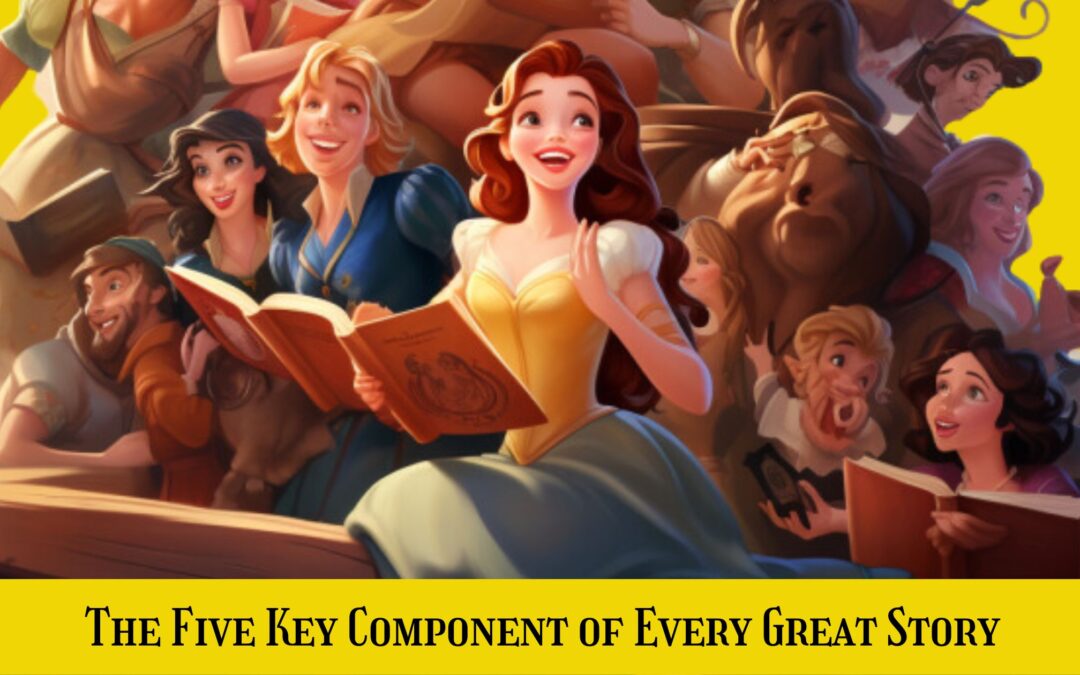Remember that moment, lying in bed with the cool sheet pulled up and gently touching your chin. Refusing sleep, you looked up at the person you loved with hands much larger than your own wrapped around the binding of a favorite storybook. The sound of the cover opening. The smells so familiar. The feeling of safety envelops you.
There is magic in story time.
You don’t have to be a child to enjoy it. In fact, it’s human nature to seek entertainment. We crave it. You don’t have to take my word for it. There are masses of information and statistics about our use of television, YouTube, reels, and TikTok. Go check it out if you need further proof of the power of entertainment. And so, when you can combine entertainment with marketing, you hold immense power in your hands.
So, what does it take to tell a great story?
Compelling Characters
Engaging characters are fundamental to any story. Audiences connect with characters and become emotionally invested in their journeys. Well-developed and relatable characters drive the narrative forward and make the story memorable.
Clear Setting
A well-defined setting provides context and atmosphere to the story. It helps readers or viewers visualize the world in which the events take place. An immersive setting can enhance the story’s mood and contribute to the overall experience.
Engaging Plot
A well-structured and engaging plot keeps the audience interested and invested in the story. It should include elements like conflict, rising tension, and a satisfying resolution. A compelling plot provides the framework for the narrative.
Conflict and Resolution
Conflict is the driving force of a story, creating tension and propelling the plot. A clear and impactful conflict, along with a meaningful resolution, gives the story purpose and leaves a lasting impression on the audience.
Emotional Impact
Stories that evoke emotions in the audience are often the most memorable. Whether it’s joy, sorrow, fear, or empathy, a story that elicits emotional responses creates a powerful connection with the audience and lingers in their minds.

